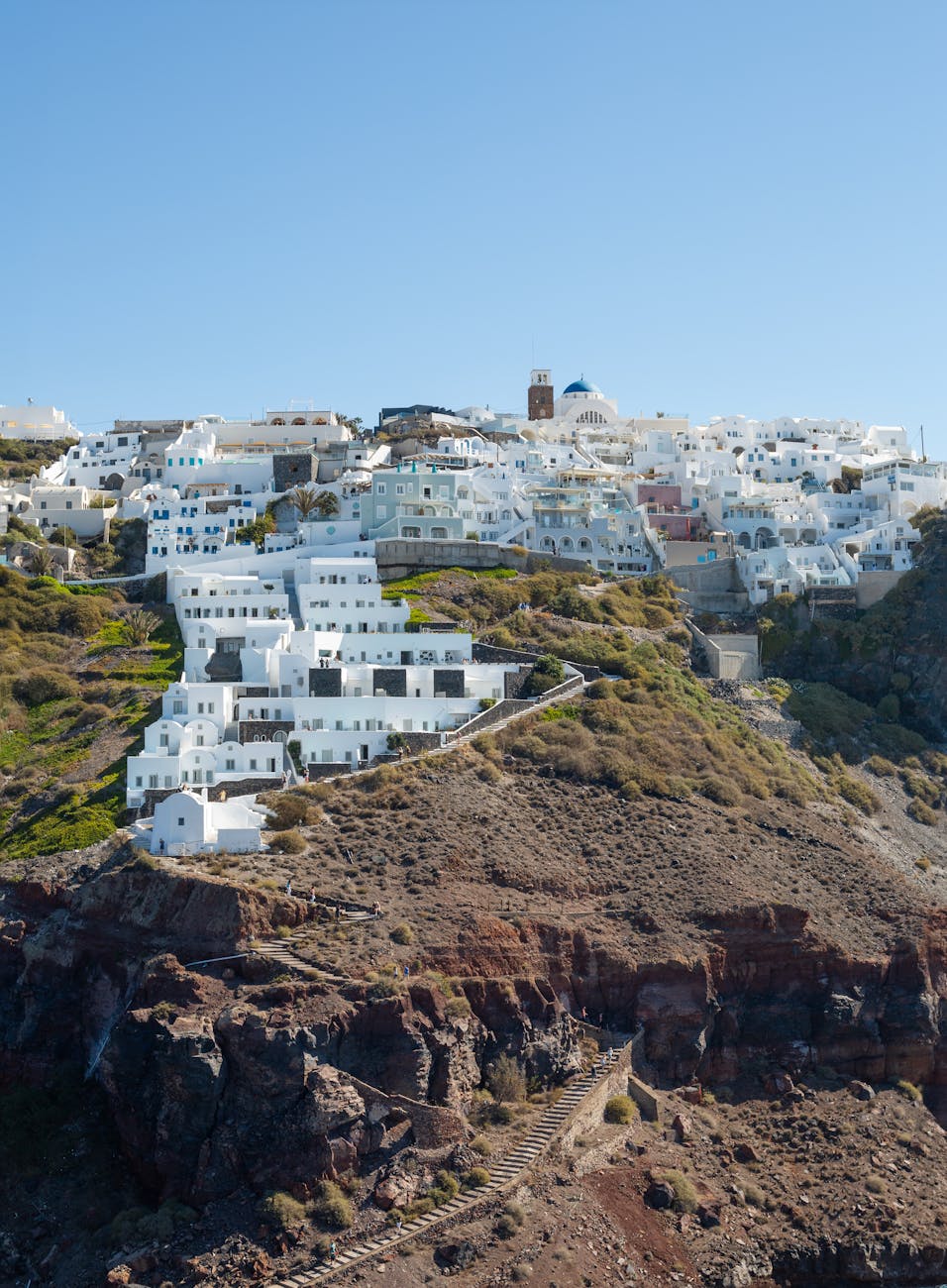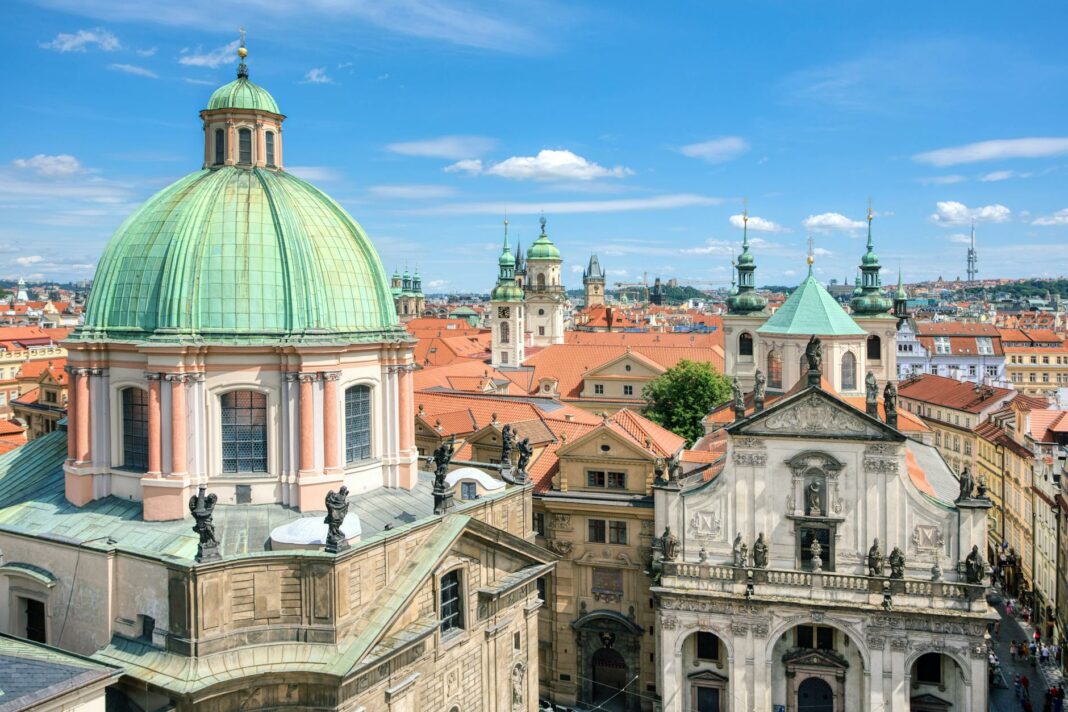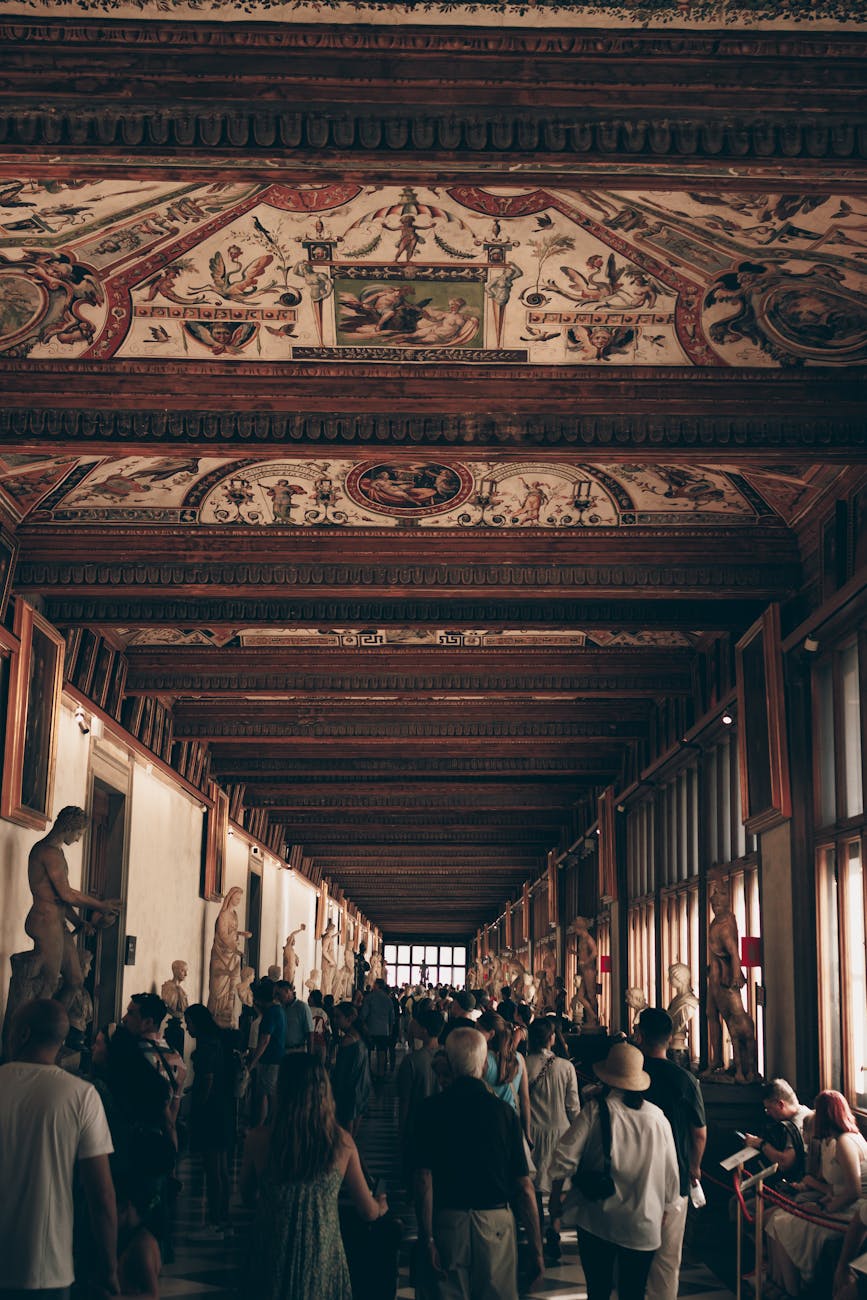Table of Contents
- Introduction
- Historic Destinations That Shaped the World
- The Role of Tourism in Historical Change
- Cultivating Peace Through Travel
- Impact on Culture and Society
- Lessons Learned from Historic Journeys
- Final Thoughts
- FAQ
Introduction
Travel has often been a catalyst for monumental change throughout history, leading to significant shifts in culture, politics, and society. Among the myriad destinations around the globe, several places stand out not just for their beauty but also for their profound influence on the world stage. Exploring these renowned locations reveals how history can be dramatically altered through historical events and experiences tied to specific destinations.
In this blog post, we will delve into some extraordinary holiday spots that have gotten the attention of historians and travelers alike for their transformational impact on human civilization. From sites of legendary treaties to cities that became melting pots of culture, our journey through these historic destinations will shed light on how a simple visit can echo through time, changing the course of our shared human story.
Historic Destinations That Shaped the World
Some places are imbued with a rich history that cannot be dismissed. Consider the likes of Athens, Greece, where the birth of democracy fostered new ideas about governance that have influenced generations. The Acropolis stands tall, inviting countless visitors eager to experience the cradle of Western civilization. As individuals walk the ruins, they not only witness ancient architecture but also the very ethos of democratic ideals that have shaped governments around the world.
Similarly, the tranquil waters of the Bay of Naples reveal the devastation of Mount Vesuvius and the subsequent preservation of Pompeii, offering a rare glimpse into Roman life. When one steps into the ruins, it’s easy to feel both humbled and inspired by the tales of resilience and human spirit that emerge from the ash. Vacations here provide not just a break from routine but also an opportunity to engage with historical narratives that resonate in contemporary dialogues about urbanization and disaster response.
The Role of Tourism in Historical Change
Tourism has a compelling way of keeping history alive. When visitors flock to sites like the Berlin Wall, they contribute to a continuous dialogue about freedom and division, ensuring that the lessons learnt from history are not forgotten. As people explore these places, they learn about the struggles and triumphs of those who came before them, enriching their understanding of global interconnectedness and humanity’s shared journey.
Moreover, the economic boost that tourism brings can lead to better preservation efforts of historic sites. By establishing a comprehensive approach to cultural heritage, destinations enhance their importance and relevance in the global arena, making them not just stops on a map but pivotal points in a larger narrative of collective growth and learning.
Cultivating Peace Through Travel
Travel tends to possess an incredible potential for promoting understanding and cooperation among disparate cultures. The historic peace treaties signed in places like Paris have formed the bedrock of international relations. Each visitor who walks through the Hall of Mirrors at Versailles encounters stories of diplomacy that transcended borders and ideologies. Such experiences can inspire travelers to become advocates for peaceful coexistence, promoting a future informed by the lessons of the past.
Collectively, these interactions shift perspectives. When people from various backgrounds convene in places with historic significance, they frequently depart with a renewed appreciation for shared goals and diverse viewpoints. This emotional impact of travel often translates into real-world initiatives that aim toward conflict resolution and cultural exchange.
Impact on Culture and Society
Cultural influences often radiate from significant locations in unexpected ways. For example, the fabled Silk Road served not only as a trade route but also as a bridge for cultural exchange between East and West. Cities like Samarkand thrived as they became melting pots of art, science, and philosophical thought. Experiencing these cultures firsthand can ignite new ideas in travelers who might then take them back home, proving that inspiration knows no borders.
Moreover, each journey undertaken places personal experiences within a larger tapestry of human interaction. Festivals, language, and culinary arts are beautifully entwined with the spirit of their regions, captivating visitors and creating an indelible memory. These interactions challenge conventional thinking, emphasizing the fluidity of culture as it adapts and evolves alongside the world’s ever-changing dynamics.
Lessons Learned from Historic Journeys
Every journey into the past reveals wisdom that can be applied to contemporary life. For instance, the philosophies that emerged from ancient universities in places like Timbuktu teach modern society about the value of inclusive education and knowledge sharing. Such historical insights offer powerful reminders that collective learning remains central to human progress.
Visiting sites associated with major historical events can inspire individuals to think critically about their own lives and decisions. Engaging with the stories of those who dared to challenge the status quo encourages everyone to embrace their agency, thereby transforming their narratives and the world around them. Experiences tie individuals to their history, emphasizing the belief that by understanding the past, simply expressed observations can lead to innovative solutions for future challenges.
Final Thoughts
As we take a closer look at how various holiday spots have indelibly altered the course of history, it becomes clear that travel is much more than merely a leisure activity. It encapsulates moments when history blends with the present, allowing people to actively participate in a rich tapestry of human experience. Embarking on these journeys reveals the interconnectedness of our stories, urging us to embrace diversity, cultivate understanding, and ultimately, celebrate our shared humanity.
FAQ
What are some examples of destinations that have changed history?
Destinations like Athens, Luxembourg, and the Bay of Naples host a myriad of historical events that profoundly impacted the world, showcasing the interplay of culture, politics, and societal shifts.
How does tourism contribute to preserving historical sites?
The funding generated from tourism often supports restoration projects and maintenance of historical locations, ensuring that they can be enjoyed by future generations.
Why should travelers choose historical destinations?
Historical destinations offer unique opportunities to learn and appreciate the intricate stories of humanity, fostering a deeper understanding of our diverse cultures and shared experiences.
Can visiting historical sites inspire action?
Absolutely! Engaging with history can foster a sense of responsibility, prompting individuals to advocate for positive change in their communities and beyond.
Image Credit: Pexels





